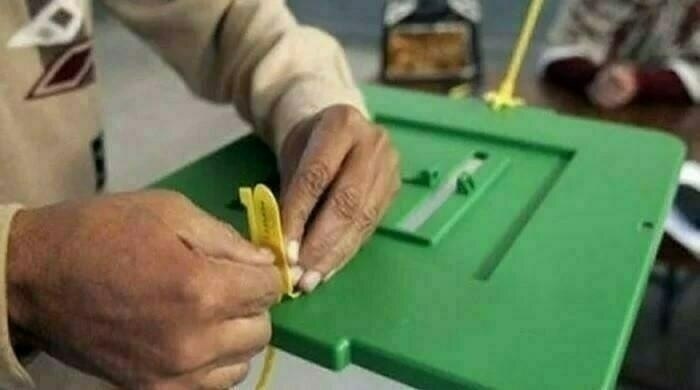The Pakistan Institute of Legislative Development and Transparency (PILDAT), the country’s sole non-governmental election watchdog, has released its assessment report on the recently held General Election in the country. According to the PILDAT, the General Election 2024 recorded the lowest fairness score since 2013, indicating irregularities and growing public distrust in the electoral process. It said the overall fairness of the 2024 elections in Pakistan received a score of 49% which is three percentage points lower than the score received for the 2018 General Election.
Pakistan Electoral System had been a topic of discussion and debates not among the masses at Hujras and Ottak but serious discussions on election procedures, legal and administrative flaws, and alleged rigging and manipulation of the election results by the Electoral watchdog, the sitting governments and bureaucracy have been discussed by the media, intellectual circles and political groups throughout the past. The most commonly used electoral system worldwide, including in Pakistan, is the First Past the Post (FPTP) system. In this method, voters receive a ballot paper listing all candidates from their constituency, mark their preferred candidate, and the person with the most votes wins the seat. There are several other methods of electing one or more public representatives in a specific district but a majority of them have some degree of controversies and confusion in dealing with sensitive governmental affairs. However, there have been nationwide debate on Internet voting, non party election system and segregation of administrative powers from legislators in the centre and the provinces to improve governance and transparency, but no accord had been reached so far.
The fairness assessment scores for the 2013 and 2018 elections stood at 57% and 52%, respectively. A steady decline in this regard is surely emblematic of the weakening of the democratic processes in that Country. That merits an urgent action from the relevant authorities. In fact, there is a need for wide ranging consensus among all stakeholders including the government and the civic groups regarding rules and procedures of the elections, along with the deliberations on several contentious issues such as the use of Electronic Voting Machines (EVM), Internet Voting and the Overseas Pakistanis’ right to vote in the future elections in the country. Hence, all political parties, Election Regulator and the government must sit together and formulate such a mechanism that full fills national demands and have full confidence and backing from across the political spectrum. So, the nation comes out of the unceasing political dogfight and blame game of the leaders, and moves toward political stability and economic revival.







